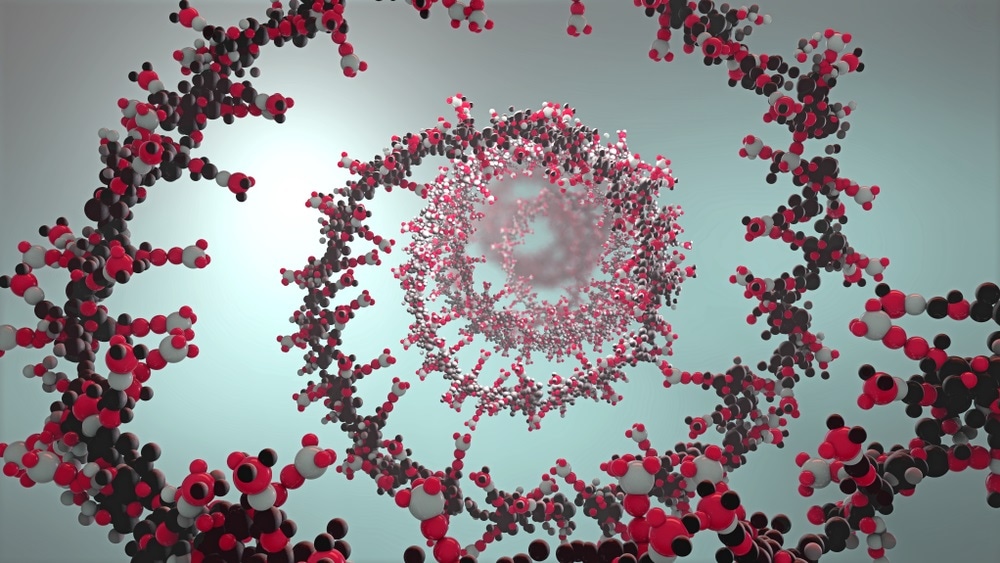Researchers from Stony Brook University have made a groundbreaking discovery that could revolutionize cancer treatment. The team, led by Dr. Gábor Balázsi, has been investigating drug resistance in mammalian cell lines, specifically focusing on DNA amplification. Their recent study, published in PNAS, reveals that reintroducing a portion of amplified DNA back into the cell can effectively halt drug resistance. This finding has the potential to open up new avenues for combating chemotherapy drug resistance.
In their study, the research team examined genetically engineered mammalian (hamster) cells and found that DNA amplification was the primary cause of drug resistance. This prompted them to explore ways to target and disrupt DNA amplification.
To investigate this further, the researchers utilized synthetic gene circuits integrated into the genome of the mammalian cell lines. Through this process, they discovered that DNA amplification was responsible for drug resistance against Puromycin, an antibiotic agent commonly used in research models, in two-thirds of the cases. They then used a specific piece of DNA called Triplex-Forming Oligonucleotide in combination with Puromycin to suppress the growth of cell populations with DNA amplification.
Dr. Balázsi, the Henry Laufer Professor in the Louis and Beatrice Laufer Center for Physical & Quantitative Biology at Stony Brook, explained the approach: “Essentially, we used a DNA-based therapy targeting DNA amplification by introducing a segment of amplified DNA into resistant cells. Surprisingly, the very resistance mechanism ultimately led to a treatment that stops it.”
The additional DNA introduced as a treatment binds and forms triplexes, instead of the usual healthy DNA duplexes, along with the amplified DNA. This process causes multiple DNA breaks, resulting in the death of resistant cells. Dr. Balázsi further explained that the therapy’s effectiveness is directly proportional to the level of DNA amplification – the more amplification, the more breaks, and the better the killing of resistant cells.
Building upon their findings in hamster cells, the research team also tested the therapeutic approach on two human cancer cell lines that exhibited DNA amplification. Encouragingly, the therapy successfully killed the chemo-resistant cancer cells in these human cell lines as well.
The authors of the study suggest that these promising results indicate the potential for new, broadly applicable therapies that could combat chemoresistance in cancer.
This groundbreaking work represents the synergy between the fields of synthetic biology and experimental evolution, demonstrating how their combination can lead to clinically relevant breakthroughs in cancer treatment. By exploiting DNA amplification and developing targeted therapies, researchers aim to overcome the challenge of drug resistance and enhance the effectiveness of chemotherapy.
*Note:
1. Source: Coherent Market Insights, Public sources, Desk research
2. We have leveraged AI tools to mine information and compile it




